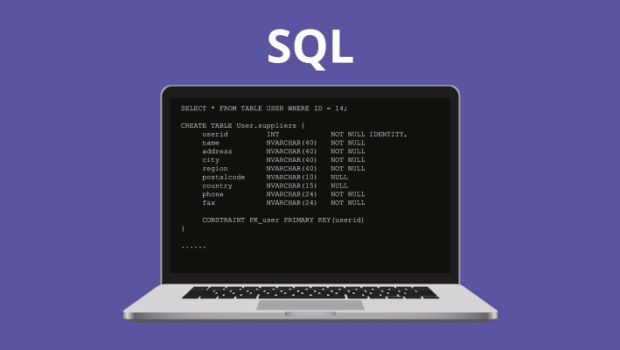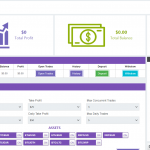5 Tips to Optimize Database Performance from the Core
Database has always remained one of the most important part of any web application. Because it works like a backbone for the application, managing all the data resources at one place. Therefore, it’s quite necessary to take note of its performance every now and then. As it notifies you whether you database is performing up to the mark or requires some optimization.
It is more than often heard from the developers complaining about bad database performance. That lays down to many reasons, from poor query structure to inefficient monitoring mechanisms, there are lot of points which lets database performance down.
Therefore, this post is all about specific optimization tips you need for your database. Because being a backbone for the application, it is quite necessary to make the database fully optimized from the cores. As it not only brings the best out of database, but also ensures that your web application doesn’t holds off in any way due to lack of DB performance.
So, here are the five tips every database administrator should know to keep the database performance high on mark.
Optimize SQL Queries

Many times, Poor SQL queries are taken into regard as one of the core reasons of bad database performance. There are very little few things which causes the SQL queries to perform bad, and take database admins into various functional dilemmas. Whether to use EXIST or IN, write proper joins or a sub query, there are many things which counts little low but causes big database performance issues.
So, using query optimizers often looks as a good choice to rectify the little problems. There are many MySQL GUI tools available to help speed up query writing and improve code accuracy. Always keep your SQL queries into continuous monitoring, and take note even of the little things which you can optimize. As these few little things often speeds up the query resulting in improved database performance.
Get Better CPU

Getting better CPU for managing database operation is often said as the best option. Because database is sometimes affected by the slow CPU operations, eventually affecting the app performance. Therefore, you should always consider higher class CPU for better database performance. The more powerful the CPU will be, the less strain database will have when tasked with multiple operations.
So, whenever you notice database performance not getting up to the mark, try improving your CPU speed as it could relatively optimize database performance from the cores.
Memory Usage

Lack of memory on your PHP MySQL hosting can also affect the database performance. Because, whenever the database holes out of allocated memory required to perform some particular operation, it would ultimately take a hit on its native performance. Having more allocated memory for the database basically allows it to boost its system efficiency.
To monitor whether the memory is affecting your database performance or not, always look up the important number of page faults per second. If you are having thousands of page faults per second, then it might mean that your host is out of memory. Therefore, always keep monitoring the usage of memory as well as the page faults per second. As both of these can easily determine the ups and downs of database performance.
Keep in Check the Disk Space

Database often eats up lot of disk space in contrast to what it has been allotted at first. Because of indices and other functional operations, the database disk usage always keeps on increasing without being in your knowledge. Especially NoSQL databases (MongoDB, Cassandra etc.) eats up lot of disk space, ultimately making short the actual allocation.
So always keep in check the disk usage of your working database. Make sure that the database always have some hefty amount of disk space available, so that it could perform its operations easily. Use dedicated hard drives, as it will relatively minimize the disk fragmentation.
Database Version

Staying up with the latest MySQL version often sums up many database issues. There are many improvements implied on every new MySQL version, eventually pointing towards better query optimization and database performance. Hence keeping your MySQL version up to date is a raw simple idea to get the latest performance hacks.
It’s possible that a certain query can perform better in a new version than the one in last. Because newer versions imply better query optimization techniques, eventually summing up for better performance.
Improve Indexing
Learning the best indexing techniques can ultimately result in better query optimization, directly giving better performance. Because indexes allows to quickly access database resources, increasing faster load speed. One thing to take here in notice that doing too much indexing also affects the database performance. As some database novices having the little knowledge of it, sometimes overruns with the indexing.
Hence, always imply indexing where it is needed and not get over with it. You can find tons of guide on the internet, explaining the core places of indexing for performance optimization.
Final Words
So, above are some of the most used performance optimization techniques of database recommended by top database administrators. These few simple tips will help you rectify most of the database issues, giving better performance results. While besides these, there are plenty more techniques available to optimize database performance, but that boils down to the relativity of the issue. So always keep hunting for more and more optimization tips, as there are lot of petty things in database causing performance issues.











